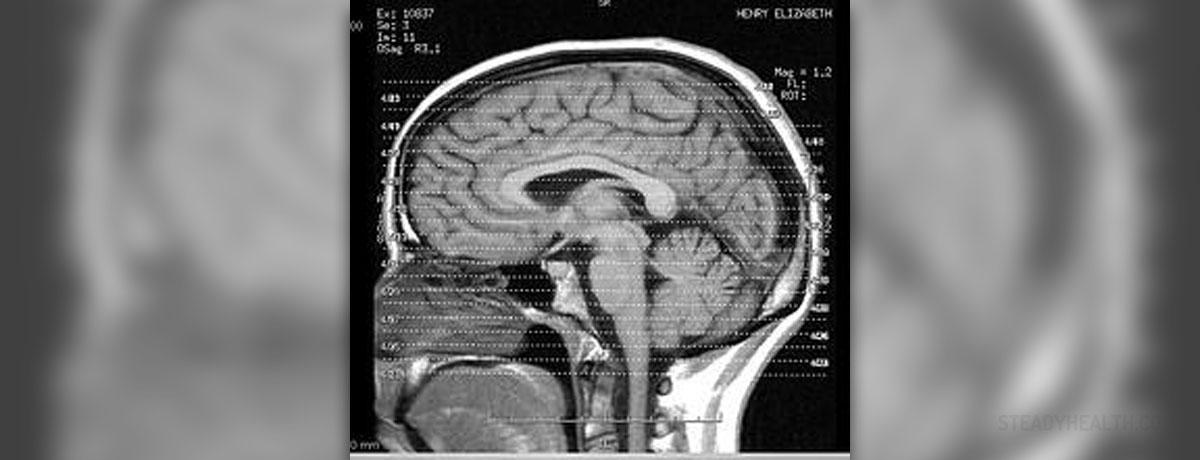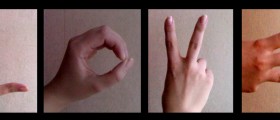
Dyslexia is a learning disorder manifesting through one's incapability to read, write or spell correctly. There are several types of dyslexia, based on manifestations of the condition and the underlying cause. Speaking of reasons behind this learning phenomenon, there are many theories which try to pinpoint the correct culprit responsible for dyslexia. Many have agreed that genetic factors may play an important role since dyslexia commonly runs in families.
Facts about Dyslexia
If you happen to suffer from dyslexia, there are up to 60% chances that your child will have this learning disorder too. Also, in cases of twins, if one of them suffers from dyslexia, there are great chances that the other one will experience the same. All these interesting facts indicate that there is a connection between genetics and dyslexia.
Basically, scientists have found genes which might be responsible for this disorder. However, they are yet to discover in which way can this take place and why.
Dyslexia is thought to stem from one's inability to perform adequate phonological processing. In order to understand what this means, you need to grasp the process of phonological processing itself, along with the different techniques through we read, speak and write in our languages.
Speaking seems to be an inborn capacity found in human beings. In fact, most 3-year-olds will be capable of speaking and understanding sentences which may be described as advanced or fairly complex. So, our entire perception of any language usually goes beyond listening to phonemes. Nevertheless, our brain does listen to these sounds.
When we hear a word, such as “register”, we perceive it through all its possible meanings. However, we do not consider that this whole is made of smaller pieces like “redz” “ist” and “er”. Our brain hears these things and helps us combine different phonemes when we write. Yet, people who suffer from dyslexia make no sense from phonological processing and find this process hard.
Dyslexia and the Brain
If dyslexia is a condition affecting the brain, this indicates that the brains of dyslexics are not working correctly. The left part of our brain is dedicated to language production and processing, among other tasks. Broca's area is in charge of written word production, parietotemporal region takes care of analyzing the written words and occipitotemproal region identifies these words.
Dyslexic people when scanned by an MRI which traces the activities in these parts of the brain during reading, writing and spelling, show less activity than normal.
Additionally, the cerebellum is another part of the brain thought to be responsible for processing language. This part is also in charge of coordination and time management. Thus, dyslexics have some problems in this part and are commonly disorganized and forgetful as well.

















Your thoughts on this
Loading...